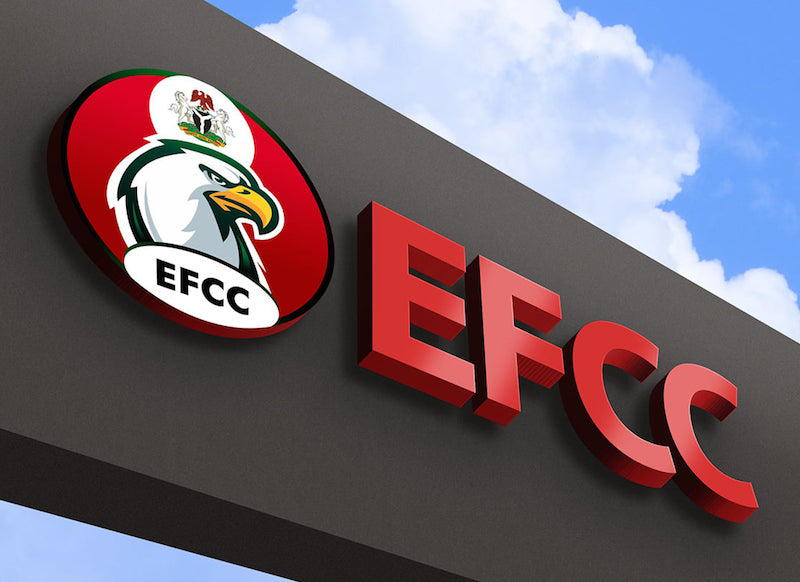The Central Bank of Nigeria (CBN) has issued a directive requiring bank directors with non-performing insider-related loans to step down immediately.
The decision comes as part of CBN’s broader measures aimed at strengthening corporate governance and risk management within Nigeria’s financial sector.
The directive, outlined in a circular titled ‘Compliance with Insider-Related Credit Limits’ was issued on February 17 and signed by the acting director of banking supervision at the CBN, Adetona Adedeji.
The circular mandated full compliance with the insider credit limits prescribed under the Banking and Other Financial Institutions Act (BOFIA) of 2020.
The CBN also instructed banks to take aggressive steps to recover outstanding debts linked to insider-related loans. The measures include enforcing collateral recovery and taking possession of the shareholdings of affected directors to mitigate financial risks.
“Directors with non-performing insider-related facilities are required to step down immediately from the board, while the bank should commence immediate remediation of the loans through the recovery of the collaterals, including the shareholdings of the affected directors,” the circular stated.
Additionally, all banks are now required to ensure that insider-related loans exceeding statutory limits are brought within the approved thresholds within 180 days, a move that is intended to curb excessive exposure to insider-related loans, which could compromise the stability of financial institutions.
Under Section 19(5) of BOFIA, individual bank directors are prohibited from holding insider loans that exceed 5% of the bank’s paid-up capital. Furthermore, the total insider-related credit exposure for an entire bank must not exceed 10% of its paid-up capital.
Paid-up capital refers to the total funds a company has received from shareholders in exchange for shares of its stock. This financial threshold is critical in ensuring that banks maintain a balanced and stable capital structure.
The CBN has also stressed that all facilities approved without specific timelines must be adjusted to comply with the new regulations within the stipulated period. Meanwhile, for insider-related credit facilities previously approved by the CBN with set timelines, banks are required to ensure full compliance within the agreed timeframes.
The CBN has urged all banks to implement these measures without delay to uphold regulatory standards and reinforce confidence in the financial sector. Institutions that fail to comply with these directives may face further regulatory sanctions.
By tightening rules on insider-related loans, the CBN aims to foster greater accountability among bank directors and reduce the risks associated with unchecked insider lending. These measures are expected to contribute to a more stable and transparent banking environment, ensuring that financial institutions operate with higher levels of corporate governance and risk management.




 6 days ago
22
6 days ago
22







 English (US) ·
English (US) ·